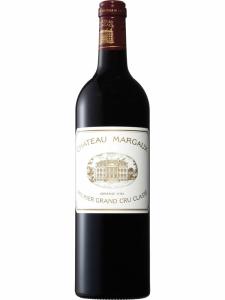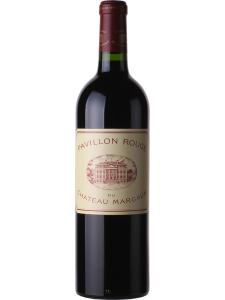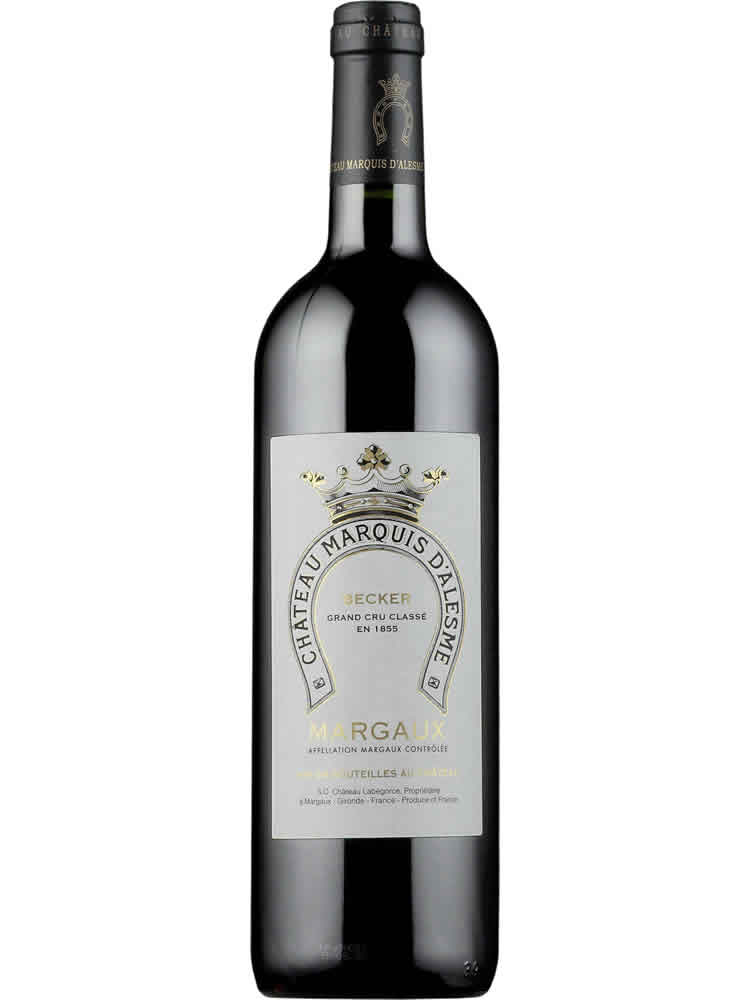Margaux is an important appellation in the Haut-Medoc district of Bordeaux, south-western France. Located 15 miles (24km) north of the city of Bordeaux, the village of Margaux has a number of prestigious chateaux clustered around it. These include Chateau Margaux, famous for producing first growth red wine that is supple and fragrant.
The Margaux appellation is, geographically speaking, the largest in the Medoc. It covers the communes (parishes) of Margaux, Cantenac, Soussans, Arsac and Labarde, with specific plots of land permitted and prohibited within each of these. The appellation rules stipulate where, when and how wines must be made in order to earn the AOC Margaux title.
Land divisions are of vital importance in the Medoc, because of the value of the grapes that grow here. The location of a parish boundary or a small stream can make the difference for a winery between relative anonymity and long-lived global fame. In Saint-Julien, Saint-Estephe and Pauillac, the vineyards belonging to each chateau are clearly divided and consolidated in a single zone. In Margaux, this is not the case. Here, even vineyards belonging to the wealthier chateaux are dispersed and mixed in with those of their rivals. The result is that the effects of unique terroir are a little more widely distributed in Margaux – and thus diluted. Producers here create individuality through their own winemaking practices and choice of grape varieties, rather than relying on the qualities created by terroir.
Margaux is famous for producing well-rounded, gently perfumed wines, predominantly from Cabernet-Sauvignon. Their distinctive flavors and profile are often attributed to the local soils. In Margaux, the soils have a high gravel content (Pauillac and Saint-Estephe have slightly more clay), which leads to excellent drainage and a low level of nutrients. Vines grow well in poor, loose, free-draining soil; the poorer the soil, the deeper the vines must go to find water and nourishment. This makes them physically stronger and also allows them to reflect the specific characteristics of the deeper soils. The downside is that Margaux's wines can seem almost too light and delicate in cool vintages.
The grapes permitted for use here are Cabernet-Sauvignon, Cabernet Franc, Merlot, Carmenere, Petit Verdot and Malbec. They must come from vineyards planted to densities of 6500 to 10,000 plants per hectare (2631 and 4048 per acre), with specified vine-management techniques.




